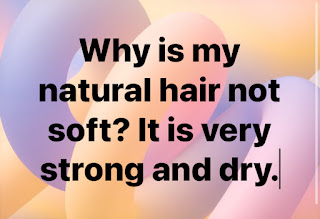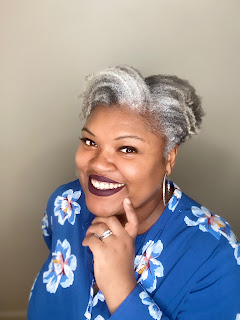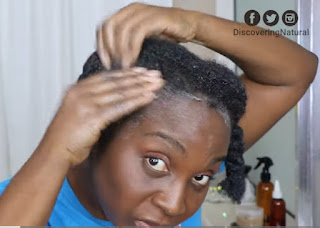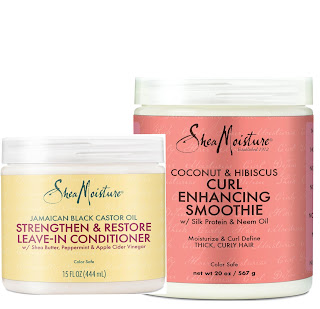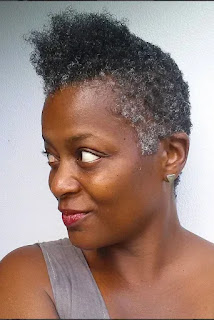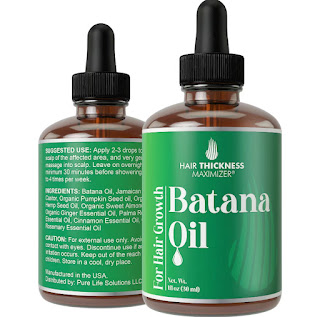What does Hibiscus do for Hait
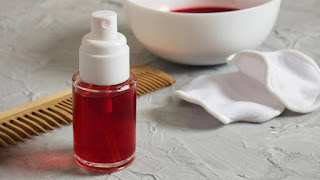
Hibiscus water has several benefits for hair: 1. Promotes hair growth: Hibiscus contains vitamins and minerals that stimulate hair growth and strengthen hair follicles. 2. Improves hair texture: Hibiscus water can help to smooth and soften hair, making it more manageable and reducing frizz. 3. Enhances shine and luster: Hibiscus contains antioxidants that help to lock in moisture and add shine to hair. 4. Reduces dandruff and itchiness: Hibiscus has anti-inflammatory properties that can help to soothe an itchy scalp and reduce dandruff. 5. Protects from damage: Hibiscus contains anthocyanins, which can help to protect hair from damage caused by heat styling tools, sun exposure, and environmental stressors. 6. Natural hair color enhancer: Hibiscus water can help to enhance and deepen natural hair color, especially for those with darker hair. 7. Hair strengthening: Hibiscus contains vitamins and minerals that help to strengthen hair and reduce breakage. 8. Improves scalp health: Hibiscu


